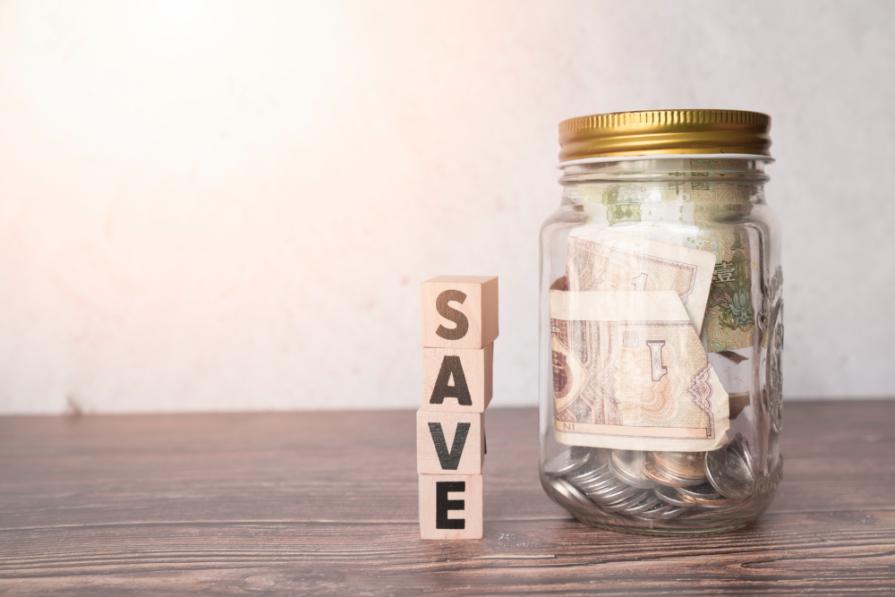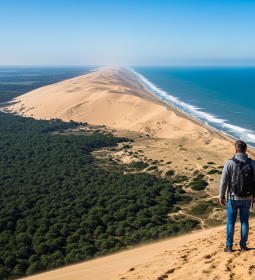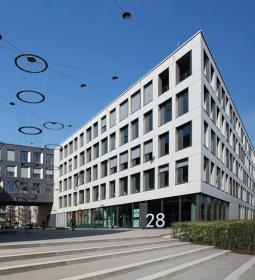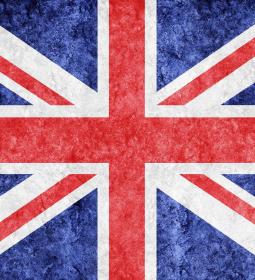Have you saved up a tidy sum to spend on traveling the world? Then our tips for you: the article will tell you how to make sure that your money does not run out on the other side of the world.

Opening an account with low or no fees
Withdrawals from debit cards are the main way to access your money while traveling. An ATM is easy to find, and using cards will help you avoid carrying large amounts of cash with you. The problem is high withdrawal fees. Check your bank and consider switching to another account: it will save you a fortune.
Most nationalities can open a Transferwise Borderless multicurrency bank account with HSBC. Payment by debit - no commission, withdrawals up to $ 300 per month - free.
Internet bank connection

When choosing a bank, make sure that there is an Internet banking option; it is the most convenient way to manage funds on the go and transfer money.
Linking a current account to a savings account
Money is usually kept in a savings account, transferring small amounts to the current account to cover expenses. So your funds will be more secure, you will not lose them entirely if an intruder gains access to them.
Interest rates are low. The easiest way to transfer funds between accounts is via Internet banking. You can set up regular transfers for monthly top-ups or deposit money as needed. Check your settings before you travel: the error will cost you dear.
Various cards

We recommend taking two debit and credit cards each - they can be stolen, blocked at an ATM, but you will always have a back-up opportunity to access cash.
Create a second reserve bank account. It doesn't matter what the commission is - you will only use it in emergencies. Even if you don't plan on using a credit card, it comes in handy for car rentals, emergencies, and earning airline and alliance bonus points.
Availability of ATMs
ATM machines can be found almost everywhere, but before heading to a remote region, check to see if they are there. In remote rural areas of Myanmar, Georgia, or Central Asian countries, ATMs are still rare, and cash has to be stocked up in the nearest town.
Plastic is not universally accepted - some ATMs do not work with Visa, others do not eat Mastercard, so it would be nice to have both in case of travel. The universal tip is to check for track.
It is useful to withdraw an uneven amount - so you get an exchange: $ 390 instead of $ 400 will allow you to get a bill of $ 50 and several twenties and tens.
Re-release

Plastic with an expiration date is an unpleasant misunderstanding. It is better to order a new one before the trip, and if this is not possible, order delivery by mail. It is better to send the card to third world countries disguised as it should - hide it in a guidebook or between a couple of chocolate bars.
Alternative payment methods
An alternative to a debit card is to use a prepaid card that you load with money and then use in the same way as a debit card. We didn't use it, but our friends did use it during a trip to RTW and recommended it. We looked at the rates, and since the commission was no less than our bank's, it wasn't worth the hassle.
Cash
We don't use cash very often, but paper money should not be ignored. In poor countries, where it is difficult to find an ATM, it will be difficult without paper funds: there is nothing to pay for a bus, buy water or pay for a snack. The best option is US dollars, in Egypt, Tunisia, Morocco, Algeria - euros. A few hundred are enough, a mix of large and small bills.
Money should be kept in different places - pockets, wallet, backpack - in case of loss or meeting with an intruder.
Set a budget

Before leaving, you should draw up a realistic budget that takes into account all the necessary expenses and possible unforeseen expenses. Articles from travel bloggers, travel calculators, and Lonely Planet guides will help you estimate the likely costs.
Know the exchange rate
Before leaving for a new country, you should find out the exchange rates in order to know how much cash can be withdrawn (within the daily limit) and what rate should be expected in exchange offices. A mobile application for a cell phone will be useful.
Cost control
Keeping track of your expenses will ensure you can afford the trip and don't run out of money halfway through. Control ATM withdrawals and plastic expenses using Internet banking at least once a month. This will allow you to track cases of fraud (the identified cases should be reported to the bank).
Banking applications allow you to present information on expenses broken down by categories: this way you can evaluate the dynamics of specific types of expenses in the form of a chart or table.
Keep your money safe

When using an ATM
Before withdrawing funds from an ATM, please check the following:
- Check if the plastic injection slot is swinging: scammers can install a scrimmer on top of a real one.
- Likewise with regard to the keyboard: a fake pad can be used to steal PIN codes.
- Check where the camera is pointing. To ensure safety and prevent illegal actions, your face is filmed. However, if the camera is pointing down, it could be a scam and an attempt to steal a pin.
There is a universal rule - to close the character input area when entering a pin code, in case of any doubts about the authenticity - to look for another ATM.
Always cover your hands when entering your PIN.
On the journey
When traveling, we carry cash, passport and cards with us. Someone wears a money belt under their clothes, hidden pockets are a good solution.
At the hotel
When we leave our hotel for the day, we leave most of our money in our backpack. The backpack can be attached to a fixed piece of furniture with a cable lock (or a safe if the hotel is good).
You should take a small amount of cash with you for expenses during the day. Never carry all your money and plastic in your wallet - it's easy to steal.
Spend your money before you leave the country

In some countries, currencies are not convertible, you cannot use or exchange them outside the country. Do not withdraw too large amounts on the last days of the trip - spend everything so that you do not have to change your money back and lose on commission before departure.










